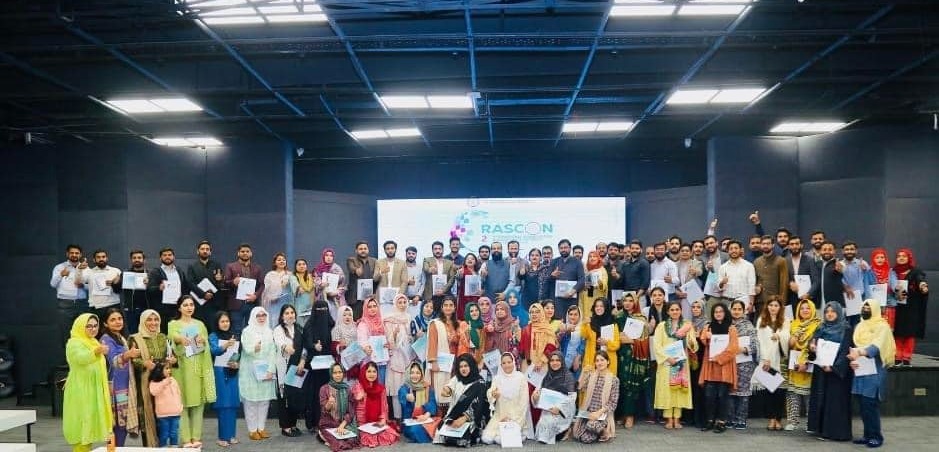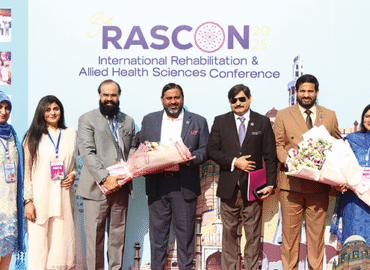The Rehabilitation and Allied Health Sciences Conference (RASCON) has become a pivotal event in Pakistan’s healthcare landscape. Over the years, this transformative conference has evolved from a gathering of professionals to a powerful catalyst for change, innovation, and collaboration. With each edition, RASCON has raised the bar for healthcare professionals, offering new perspectives, fostering knowledge exchange, and driving forward technological advancements in rehabilitation and allied health sciences.
As we approach RASCON 25, it’s important to reflect on how the previous editions of the conference have not only shaped the healthcare industry but have also empowered professionals across Pakistan. Here’s a look at how RASCON has revolutionized healthcare in the country:
The essence of RASCON has always been to bring together professionals from diverse fields within healthcare, allowing them to collaborate, learn, and grow together. Prior to RASCON, many rehabilitation and allied health professionals in Pakistan worked in silos, with limited interaction between different specializations. However, RASCON bridged this gap by fostering a multidisciplinary environment where experts in physiotherapy, speech therapy, occupational therapy, healthcare technology, and many other fields could exchange knowledge.
This integration of different disciplines has been fundamental in improving patient care. Healthcare professionals now have a broader understanding of how their work intersects with that of others, allowing them to provide more comprehensive and coordinated care to their patients.
One of the most significant contributions of RASCON to Pakistan’s healthcare system has been its introduction of cutting-edge technologies. The conference has been at the forefront of bringing global innovations in rehabilitation sciences, such as advancements in assistive technologies, robotic rehabilitation, and telemedicine, to Pakistan.
RASCON has not only provided a platform for local professionals to learn about these technologies but has also led to collaborative efforts to implement these innovations within local healthcare settings. The integration of technology into rehabilitation practices has vastly improved outcomes, making therapy more efficient, accessible, and personalized.
Prior to the impact of RASCON, there was often a gap between research and its application in clinical settings. RASCON’s emphasis on evidence-based practices has changed this dynamic by creating a space where professionals can access the latest research, participate in workshops, and apply this knowledge in their own practice.
This shift towards evidence-based methods has had a profound impact on patient outcomes in Pakistan, ensuring that rehabilitation treatments are grounded in scientific research rather than anecdotal or outdated approaches. Healthcare professionals now have a deeper understanding of what works, leading to improved rehabilitation services across the country.
By attracting global experts and leaders in the field, RASCON has not only expanded the knowledge base of Pakistan’s rehabilitation professionals but has also elevated the professional standards of the sector. The conference has encouraged local practitioners to aspire to higher levels of expertise, invest in continuing education, and adopt the best practices from around the world.
This elevation of professional standards has had a cascading effect, improving the overall quality of rehabilitation and allied health services across Pakistan. The enhanced skills and knowledge of practitioners have led to better clinical outcomes, patient satisfaction, and improved healthcare delivery across the country.
Another key impact of RASCON has been its ability to inspire the next generation of leaders in rehabilitation and allied health sciences. The conference has provided young professionals and students with a unique opportunity to network with mentors, engage in hands-on learning, and gain insights into the latest trends and developments in the field.
This exposure has motivated a new generation of healthcare professionals to take on leadership roles, contribute to research, and drive the field forward. As a result, RASCON has played a crucial role in building the future of healthcare in Pakistan, equipping emerging leaders with the tools, knowledge, and inspiration needed to succeed.
One of the most powerful aspects of RASCON has been its ability to connect Pakistan’s rehabilitation and allied health professionals with experts from around the world. The international chapters of the conference have facilitated cross-border knowledge exchange, enabling Pakistani professionals to collaborate with global thought leaders and access the latest global insights.
These international partnerships have opened doors for collaborative research, global internships, and exchange programs, ensuring that Pakistan is not left behind in the ever-evolving field of rehabilitation sciences. The impact of these global connections has been profound, as local professionals can now implement global best practices within the Pakistani healthcare context.
Lastly, RASCON has served as a platform for advocating policy changes that support the growth of rehabilitation and allied health sciences in Pakistan. The conference has facilitated discussions on key policy issues, such as funding for rehabilitation services, the integration of rehabilitation into mainstream healthcare systems, and improving the education and training of healthcare professionals.
As a result of these discussions, RASCON has helped bring about real-world policy changes that have benefited the rehabilitation sector, leading to better healthcare access for individuals with disabilities and rehabilitation needs.
As we look back on the success of previous editions, it’s clear that RASCON has not just been a conference, but a revolutionary force that has transformed the healthcare landscape in Pakistan. By fostering collaboration, introducing new technologies, promoting evidence-based practices, and inspiring future leaders, RASCON has ensured that Pakistan’s healthcare system is evolving in tandem with global trends.
With RASCON 25 on the horizon, the momentum continues to build, and the future of healthcare in Pakistan is brighter than ever. The conference will once again bring together the brightest minds to shape the next chapter of rehabilitation and allied health sciences — one that promises innovation, inclusivity, and a brighter future for healthcare in Pakistan.
RASCON is not just an event; it is a movement that is revolutionizing healthcare in Pakistan, and its impact will be felt for generations to come.


